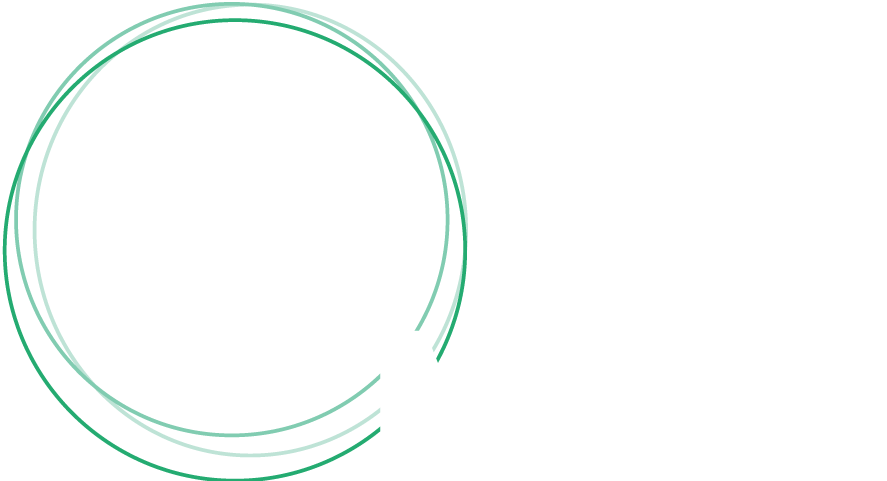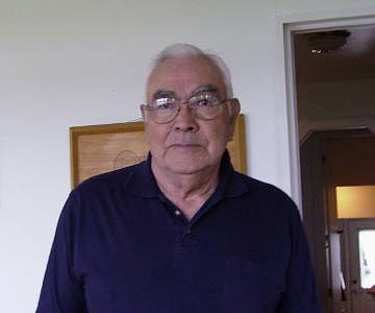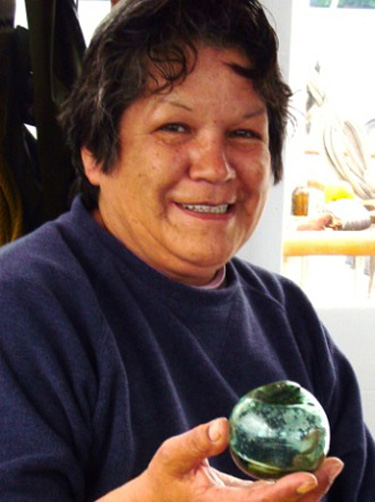Marine planning in the MaPP initiative draws from different sources of information, including Western science, local knowledge and traditional knowledge.
A robust source of information on the North Pacific coast – where First Nations communities have lived for thousands of years – is traditional knowledge. This has involved documenting First Nations understanding about marine habitats, life and patterns that date back generations.
Traditional knowledge is a critical resource for marine planning. It includes history, traditions, practical information and ecological knowledge. It also captures how, when and why activities are done in and around the ocean and offers observations and information about trends over time.
For Henry Hageman, who was born in Massett on Haida Gwaii (and delivered by his own grandmother), traditional knowledge came in the form of fishing. When he bought his first boat, he recalls, he had one of his uncles – an experienced halibut fisherman – run the boat. Hageman was both smart and humble enough to serve as deckhand. “I did that for three years, with three different uncles,” he remembers, “and I learned a lot.”
Hageman didn’t just learn how to fish. He also learned when and where. As a result, the first year he ran the vessel on his own, he was the “high boat” taking in more fish than anyone else. “I had an understanding that you don’t get from books,” he says. “It’s the only way you can get local knowledge.”
Passing on knowledge from generation to generation continues today. In addition to traditional activities, Haida are involved in modern forms of resource stewardship such as an enhancement program focusing on Yakoun chinook. The older workers are teaching the teenagers how to catch fish, how to keep them until they’re ready to spawn and how to look after the fry until they become mature. Over time, it is also hoped that traditional Haida fisheries on the river can be reopened.
For provincial marine planner Berry Wijdeven, the longevity of Haida knowledge about Haida Gwaii provides a type of information that is different from, but as important as, scientific knowledge. “The two complement each other,” he says.
Haida Oceans Technical Team planner Cathy Rigg agrees that Haida traditional knowledge has been invaluable to the marine planning process. “Haida traditional knowledge is quite rich and detailed for the planning we’re doing through the MaPP process,” she says. “Our best understanding of what happens in the water comes from the people who have lived here for generations.”
For Skidegate resident Diane Brown, who also goes by the Haida name Gwaaganad, traditional knowledge is her way of life. “It defines me,” she says. “It tells me what to do with each season.” Along with Hageman, Gwaaganad was part of the Haida Marine Traditional Knowledge Study, which has informed the MaPP initiative – in a sense, telling today’s community “what to do” about marine planning.
Gwaaganad grew up speaking Haida because her mother had never learned English. At the age of three she was taught to dig cockle shells and soon after, sea urchin and red chitons. Her mother also took her to the forest and taught her to identify medicinal plants. About a year later her dad had a bleeding ulcer and she was asked to go get one of the curative plants. “My mother said, ‘Don’t you be killing anything by taking the wrong one.’ She didn’t describe this is a lesson in medicine; she just made me do it. It caused me to have a relationship with the plants at a very early age.”
Over the years, Gwaaganad had reason to learn many other types of traditional knowledge. She spent nine years learning from her mother-in-law how to prepare fish. The long apprenticeship was crucial because the species of fish – sockeye salmon, also known as blueback – is so precious. “It’s such a valuable fish that novices aren’t allowed to wreck them,” she says.
The bottom line for Gwaaganad, and other Haida, is respect. “I think it’s critical for whoever does marine planning to have a relationship with the oceans and the rivers,” she says. “You have to have a relationship with and a respect for everything. That was my first lesson from my elders.”
To learn more about Haida Marine Traditional Knowledge, please download a copy of the Haida Marine Traditional Knowledge Study (three volumes).





